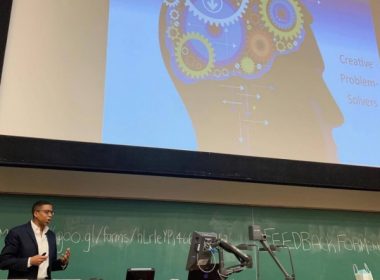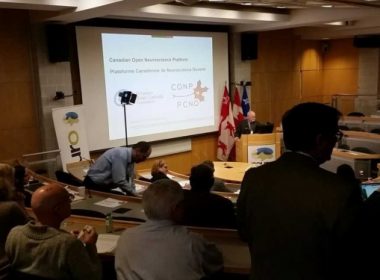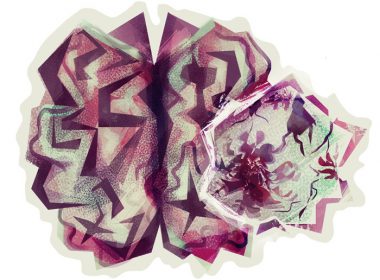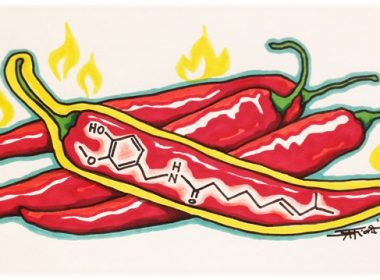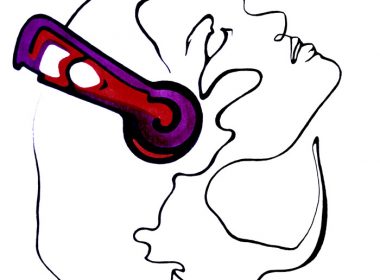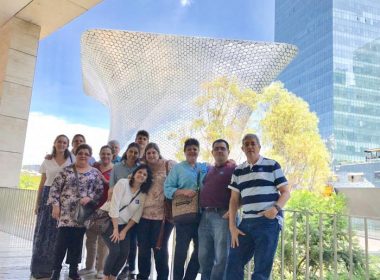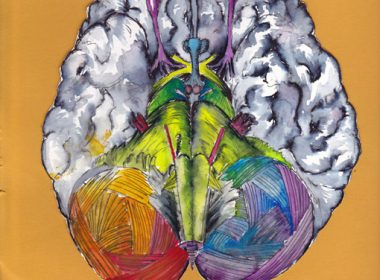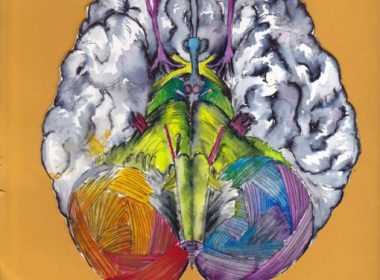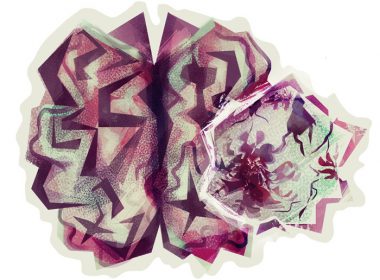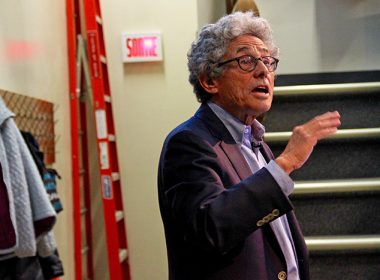Nanotechnology is revolutionizing healthcare systems. Self-driving cars are changing how we navigate our roads. The world has entered an unprecedented era of technological innovation, and scientists are making novel discoveries that will extend and improve the quality of our everyday lives. Ainissa Ramirez, a world-renowned materials scientist and science evangelist,[Read More…]
Tag: neuroscience
Neuroscience gets even brainier with open access science
The human brain is the most complex, compact system known in the universe and certainly one of the most mysterious. Researchers from McGill and the Montreal Neurological Institute and Hospital, now known as the Neuro, have long been at the forefront of neuroscience. This includes Wilder Penfield, who discovered brain[Read More…]
Brain circuit connectivity directly affects how much we like music
Humans are on the lookout for rewarding stimuli all the time. Our ability to experience pleasure from some of these stimuli is an evolutionary mechanism to ensure the pursuit of basic biological needs, such as eating, known as primary rewards. However, humans also have the capacity to experience pleasure from[Read More…]
How peppers both produce and prevent pain
Scorching heat, exasperated breathing, and trickles of sweat aren’t necessarily the result of a lengthy stay in a sauna or running on a hot day. They can instead result from a bite of spicy food. The chemical capsaicin causes the spicy sensation that some hate and others love. This compound[Read More…]
From beeps to dancing: The effect of the motor system on auditory input
In a recent study, Benjamin Morillon, a researcher at the Montreal Neurological Institute of McGill University and Sylcain Baillet, the head of the Lab at MNI that lead the study, took a look at the surprising relationship between the auditory system and the motor cortex of the brain. Both of[Read More…]
Dealing with tragedy thousands of kilometres away
Tupperware containers in hand, two Mexican McGill students implored hundreds of strangers in Leacock 132 to spare some change to support relief efforts in the wake of the Sept. 19 earthquake in Mexico City. Living away from home is not easy, let alone watching tragedy strike from afar. Challenging routine[Read More…]
From skin cells to brain cells: McGill researchers generate a cell critical to Alzheimer’s research
Researchers at the Montreal Neurological Institute and Hospital (MNI) of McGill University have recently discovered a method for transforming patients’ skin cells into a type of brain cell critical for understanding and treating neurological disorders like Alzheimer’s disease. According to the McGill Newsroom, the artificial cells are “virtually indistinguishable from[Read More…]
MNI researchers link lack of pleasure from music with decreased connectivity in the brain
Researchers link lack of pleasure from music to dampened connectivity in the brain.
MNI researchers create data model to isolate causes of Alzheimer’s disease
Alzheimer’s disease, first described by Alois Alzheimer in 1906, is a progressive brain disorder that causes debilitating cognitive impairments. Today, it is the most common cause of dementia, responsible for 60 to 70 per cent of 47.5 million cases worldwide. Due to its high prevalence, Alzheimer’s disease poses a significant[Read More…]
Using chaos to examine the neurophysiology of aesthetics: Defining human appreciation for art and music
“What do we think is beautiful? How do our brains interpret what we perceive?” Physiology Professor Dr. Leon Glass asked the audience. His presentation, as part of the Cutting Edge Lectures in Science hosted by the Redpath Museum, discussed how chaos and fractals can be used to define human appreciation[Read More…]
